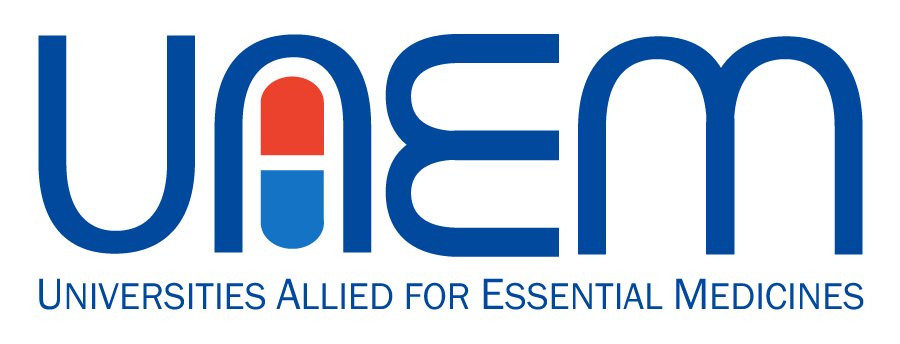Media Advisory: U15 gets a “D”
For Immediate Release:
Media Advisory: U15 Averages a “D” in the new Canadian University Report Card, authors available for comment.
Contact: info@uaem.org
April 17th, 2023 —MONTRÉAL, Q.C.— The research policies of the Canadian U15 universities are integral in making research findings and patented drugs accessible in Canada and abroad.
Universities Allied for Essential Medicines (UAEM) is releasing its follow-up to the 2017 Canadian University Report Card: Global Equity in Biomedical Research on May 1st, the new, 2023 Canadian University Report Card: Global Equity in Biomedical Research. This report card analyzes the Canadian U15 universities’ biomedical research and development (R&D) policies, practices, and performance through the lens of university policies, practices, and performance effects on health across the globe. In this particular iteration of the Canadian University Report Card, a section was added to examine university responses to the COVID-19 pandemic.
To determine the contributions of the U15 towards increasing access to medicines, the report sought to grade, analyze and rank how individual universities shared research products (such as journal articles and patented health technologies), served as innovators in researching critical issues in global health (such as neglected diseases), educated the next generation of scientists and researchers on global health, practiced transparency in research, and responded to the COVID-19 pandemic. With this broad analysis, a rigorous methodology and standardized data collection protocol were employed throughout data collection.
In the 2023 Canadian University Report Card, six Canadian universities received failing grades. Overall, the U15 universities had an average score of a “D”. One university passed with a “B” grade (The University of British Columbia). A lenient grading curve was used to calculate letter grades, with a percentage score of <25% corresponding to an “F” and a percentage score of >85% corresponding to an “A.” Universities were graded in the following categories: Access, Innovation, Empowerment, Transparency, and COVID-19.
As COVID-19 continues to devastate global communities, it is imperative that the Canadian U15 make its COVID-19 research findings and patented health technologies available to those in need. In Canada, COVID-19 has claimed more than 50,000 lives, and globally almost 7 million people have succumbed to the coronavirus globally. Researchers and policymakers continually work to contain dangerous, highly contagious COVID-19 variants and distribute vaccination to return the world to pre-COVID-19 normalcy.
COVID-19 has brought about some beneficial changes in U15 research policy— our report card findings indicate that the availability of publications and findings increased drastically. The proportion of open-access COVID-19 findings doubled that of overall biomedical publications in a freely accessible, open-access format, nearly double the total amount of open-access publications.
However, COVID-19 has unfortunately brought out problematic aspects in university research policy. The decisions universities made about the pandemic demonstrate the influence of for-profit licensing agreements with pharmaceutical companies on university research practice. Universities play a pivotal role in driving medical innovation, improving global health, treating neglected diseases, and addressing gaps and loopholes in healthcare. When the publicly-funded U15 universities fail to do their part in ensuring access to medicines, tax-payers are the ones who suffer and tremendous strain is placed upon the Canadian healthcare system and infrastructure.
The U15 have a tremendous impact on the availability and affordability of potentially life-saving medicines; it is time they focus on making life-saving medicines available and affordable for the people of Canada and the rest of the globe.
TOP THREE KEY FINDINGS:
Less than 20% of all U15 biomedical licensing agreements included provisions to promote access in low-middle-income countries, as defined by the World Bank.
Ten universities made no public or official commitments to promote access to medicines, nor signed on to any licensing agreements to promote the affordability of medicines in resource-limited populations.
Only two universities out of the U15 published all of their clinical trial results, and summary results, for clinical trials completed in the past 2 calendar years (January 1, 2019, to December 31, 2020).
###
